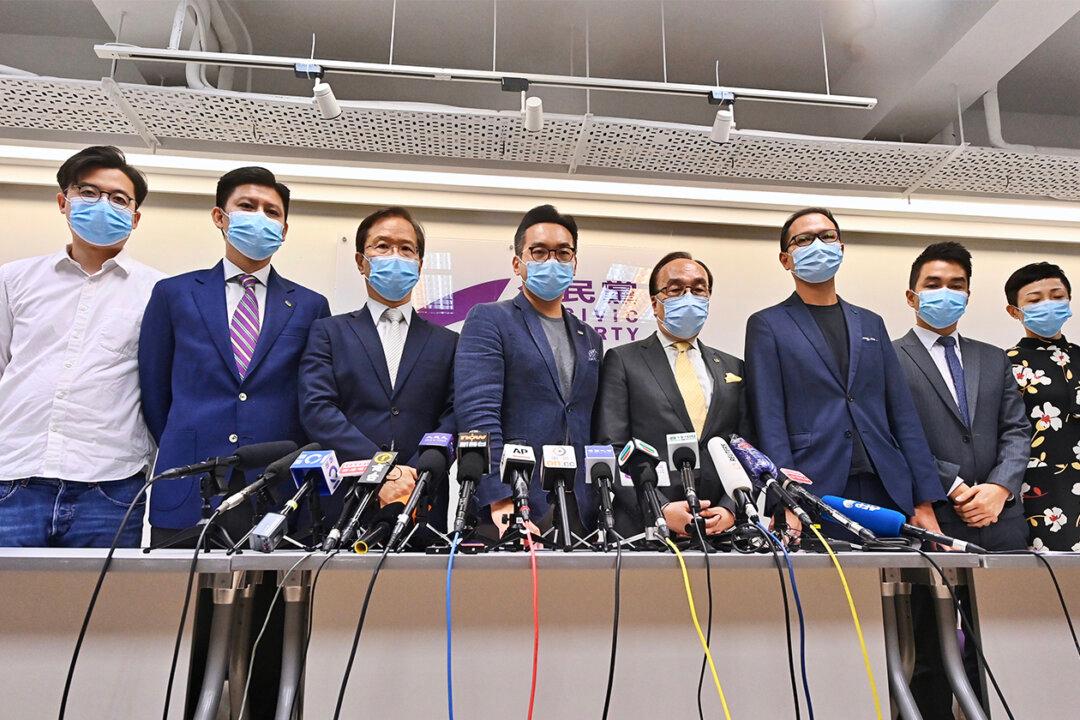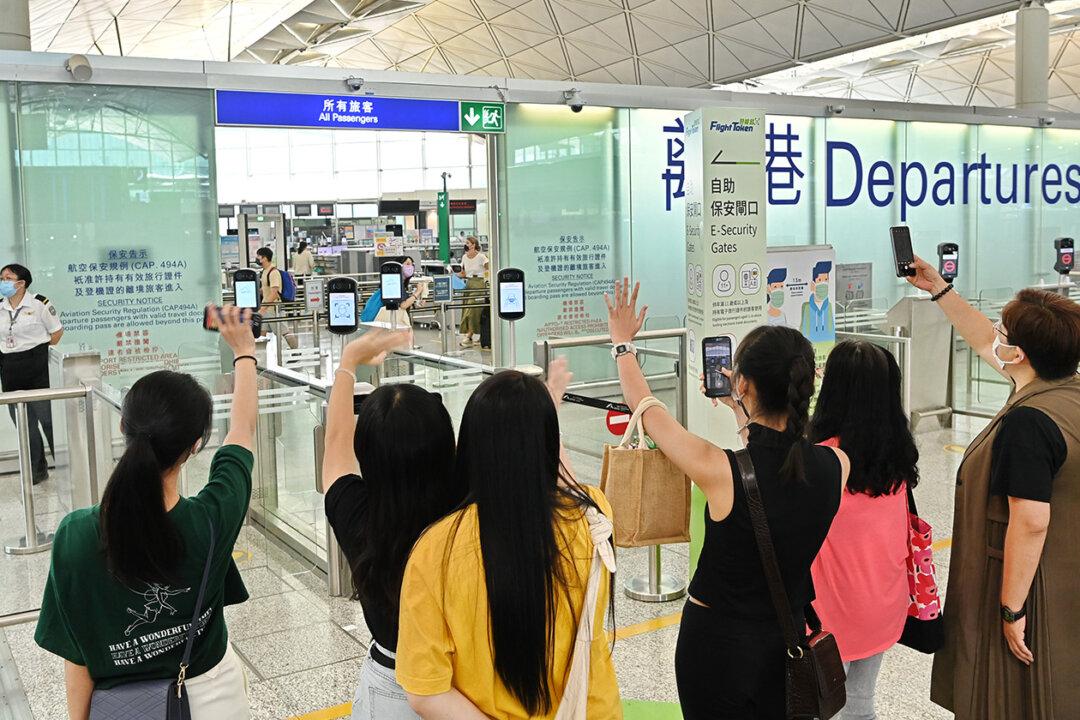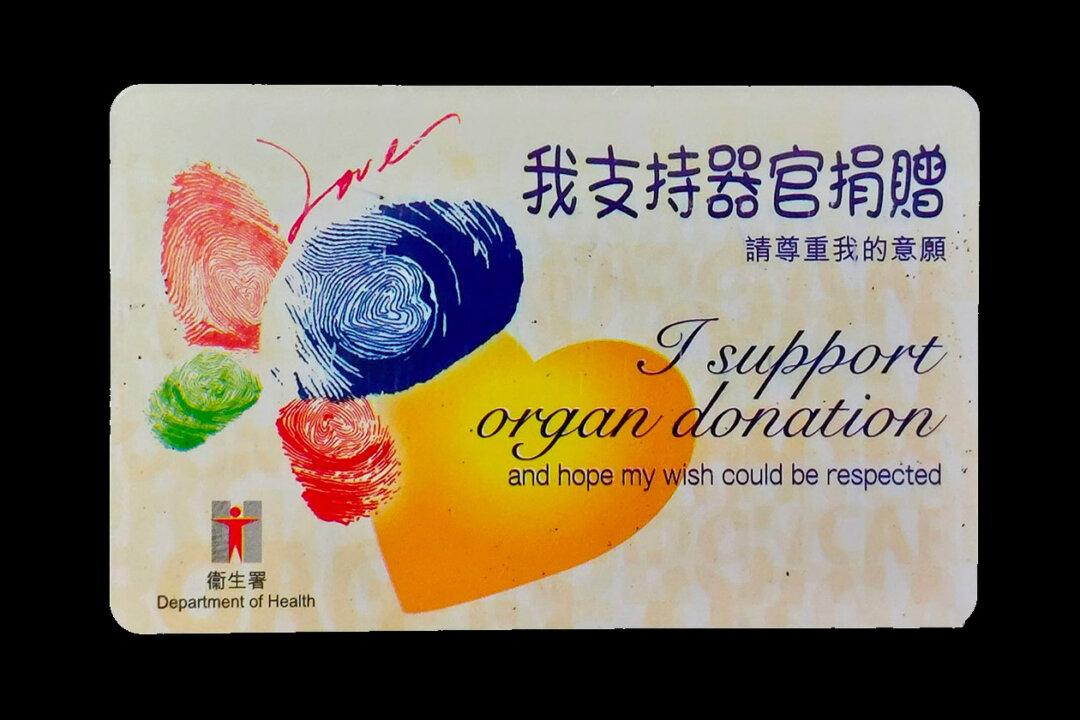Hong Kong’s two major pro-democracy bodies, The Civic Party and The Democratic Party, have entered a new phase with the Civic Party not receiving any nominations for its executive committee by the deadline of noon on Dec. 3; therefore, it has no choice but to close. Meanwhile, The Democratic Party has selected its new Central Committee and will press forward; but might soon face the same fate: dissolution.
The Unforeseeable Future
The Civic Party, with a history of serving Hong Kong for over 16 years, is about to hold its 17th annual meeting on Dec. 17. In the previous month, the party’s current chairman, Alan Leong Kah-kit, made clear that the party would enter liquidation if no one ran for the party’s executive committee.On Dec. 4, Leong Kah-kit confirmed that the party had not received valid nominations. According to the party’s current policy, without a new chairperson, the executive committee will become a temporary committee for less than one year to complete its dissolution.




